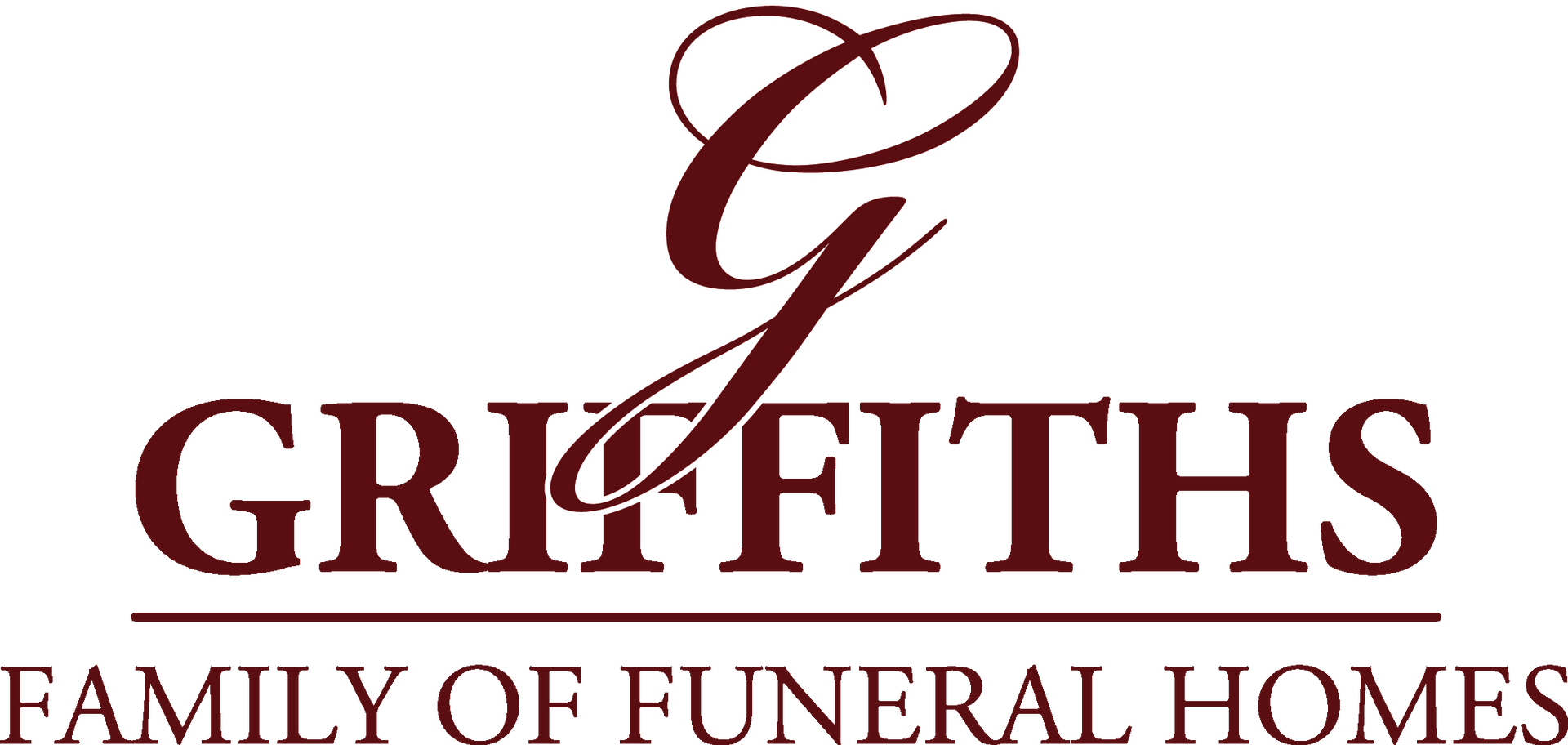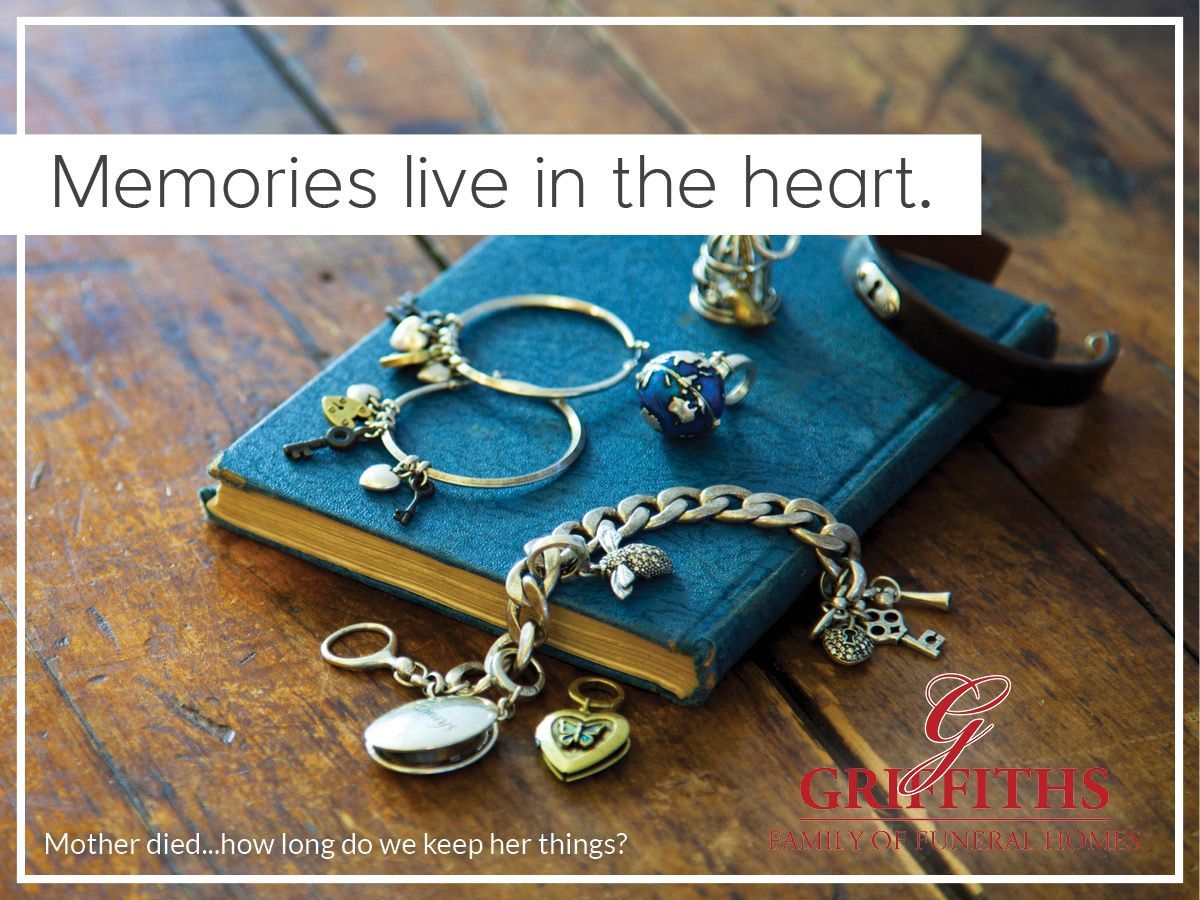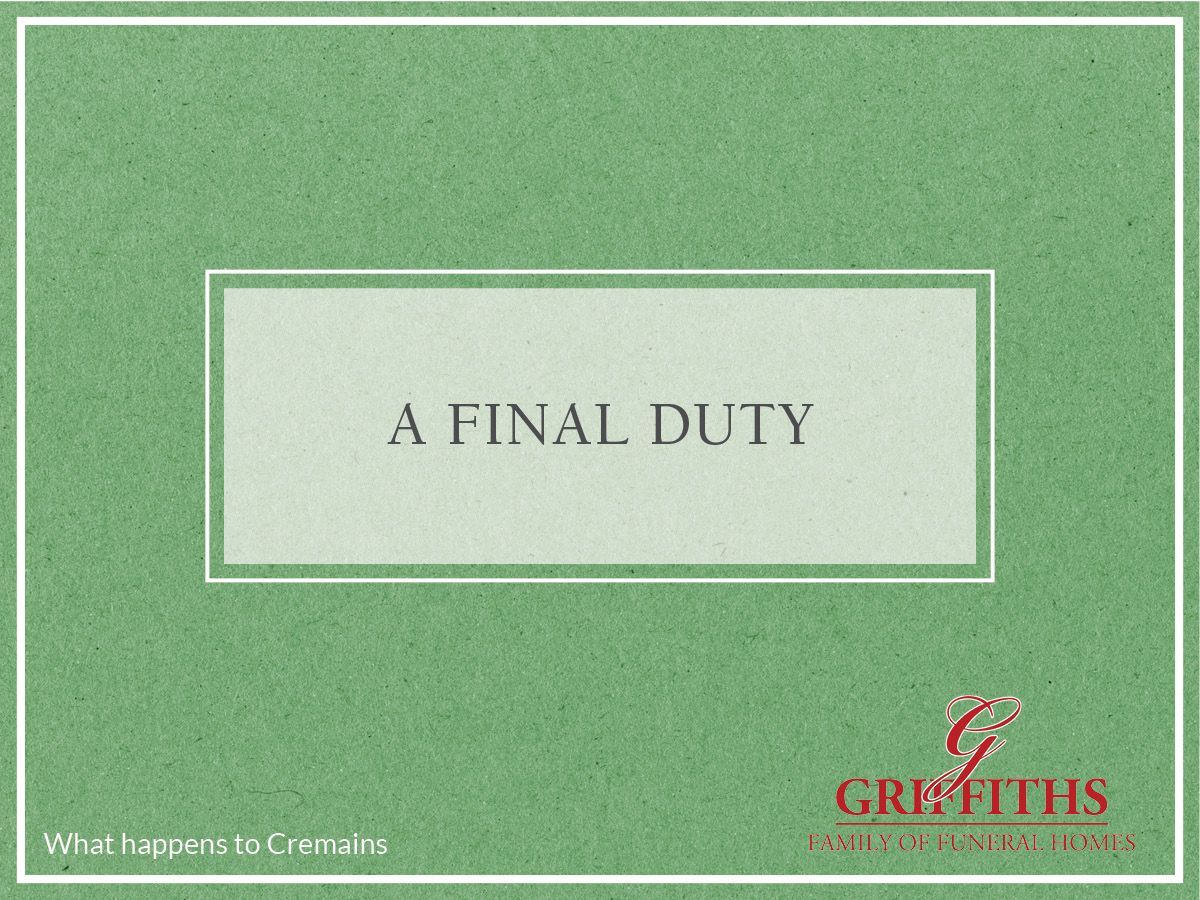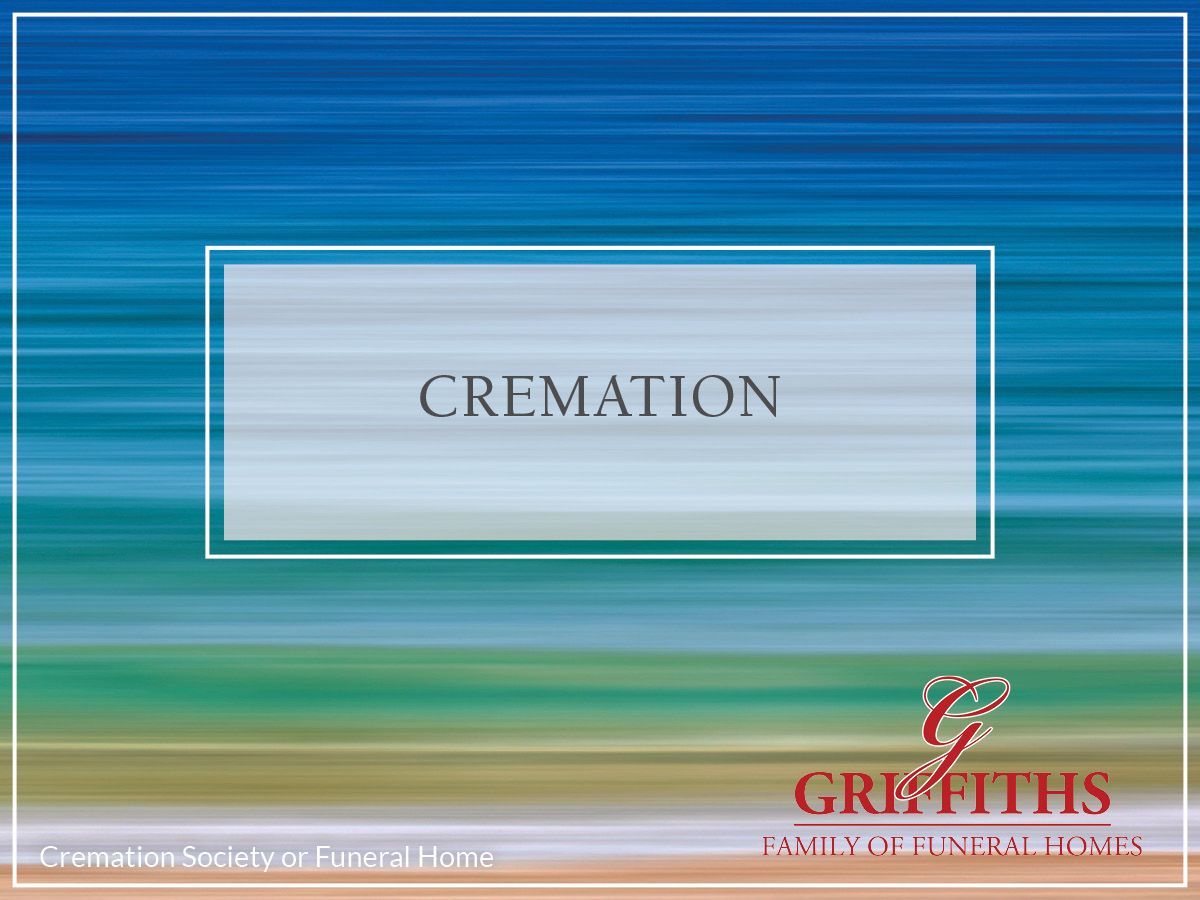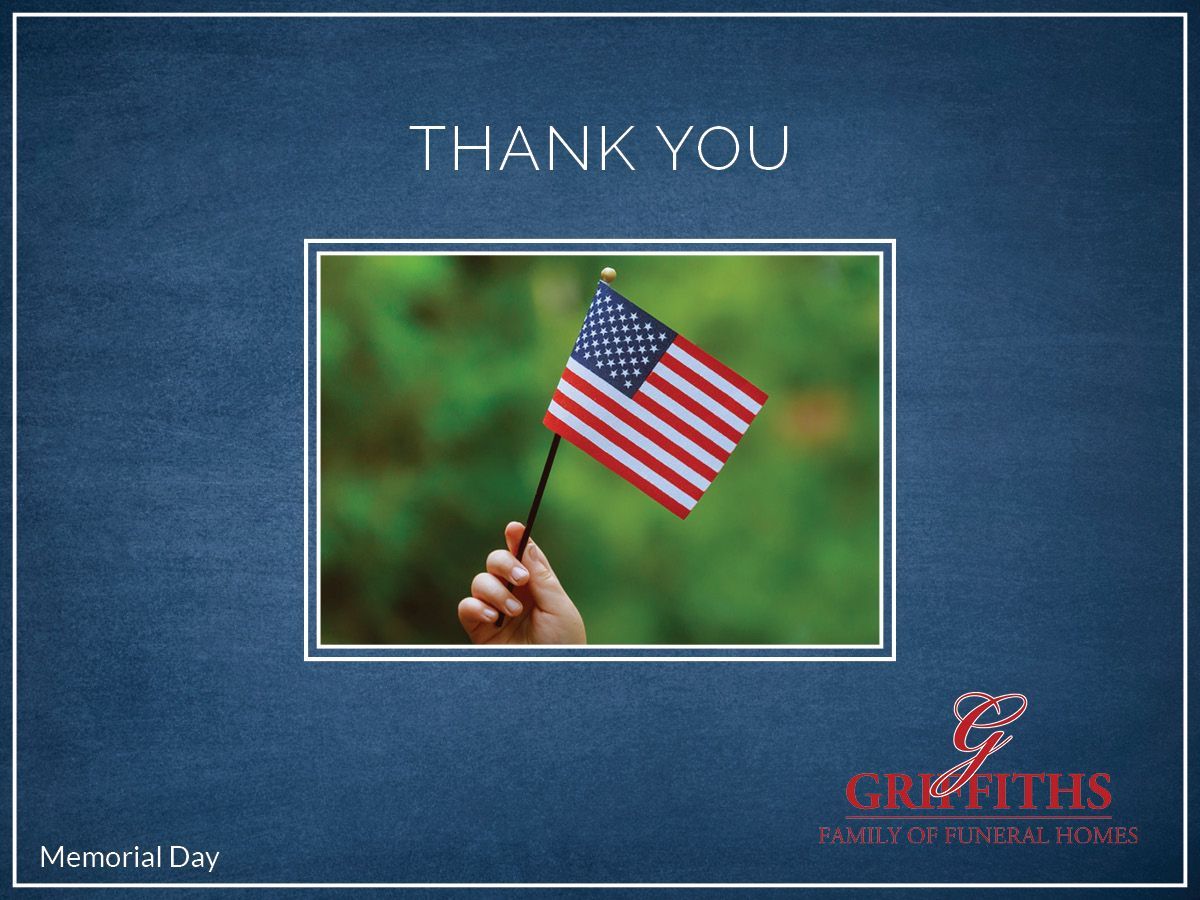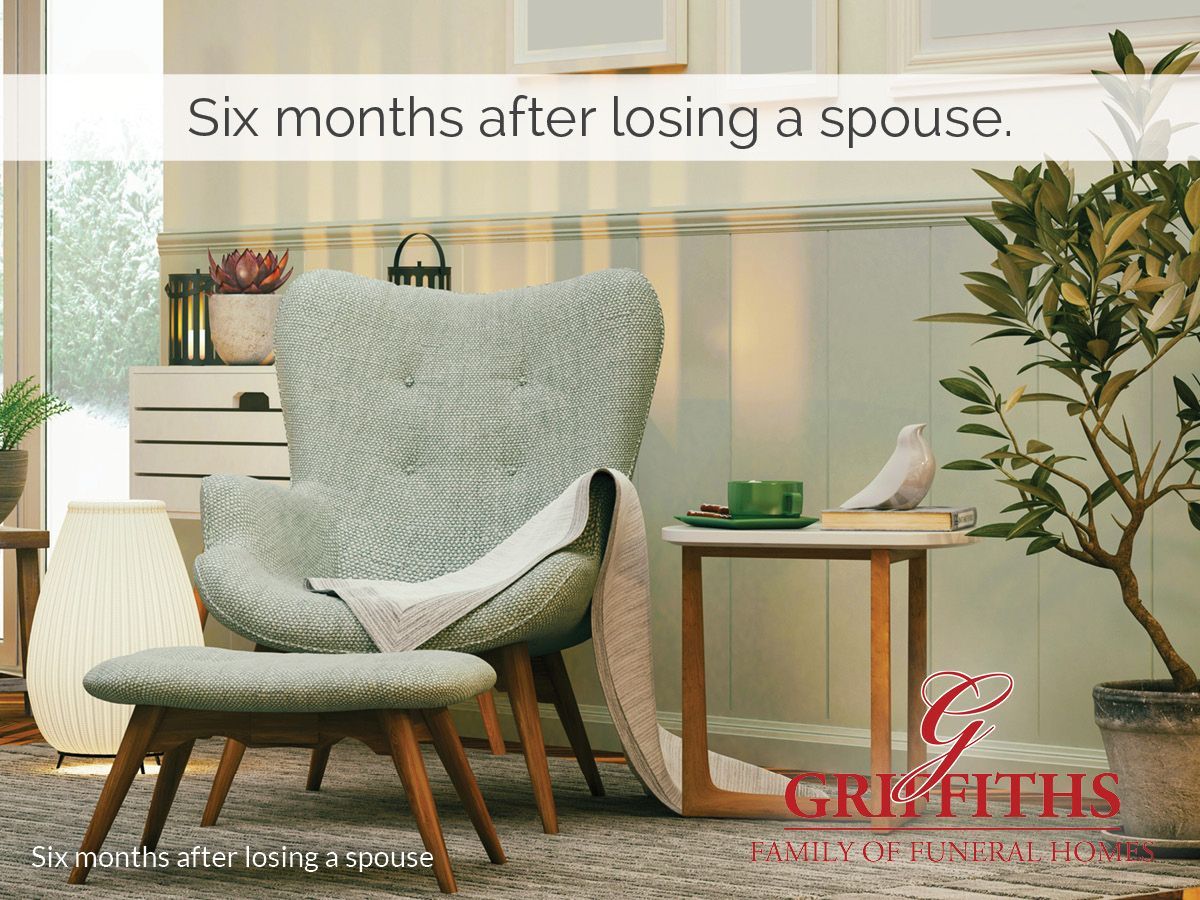Dad Died. What Do I Do with the Pills?
January 2, 2025
Prescription medication is expensive. Just that fact can be an understandable motivation for some risky business. When my father died, my mother was asking everyone, “Aren’t you on blood pressure medicine? You take this heart pill don’t you? What do you take for depression?” Her plan, no waste. My mom will also save four string beans when dinner is over. The beans I can live with, the pills I think we are treading on thin ice. It’s just best to follow the FDA recommendations.
In order to keep drugs from falling into the wrong hands (children, pets, and addicts) the FDA recommends that you dispose of all medication as soon as possible. They suggest three options.
Take Back Programs
:
These are periodic events scheduled in your community for a specified date and time. In addition, some communities have permanent collection sites, you can find the location of permanent collection sites at the
FDA website
.
Disposal in Household Trash:
Many medications can be disposed of in the household trash following this process.
Mix - the pills with dirt, cat litter, or coffee grounds. Do not crush the pills
Seal – the mixture in a plastic bag
Throw – the bag in the household trash
Scratch – scratch the information on the prescription label off the bottle and discard
Flushing down the toilet:
FDA recommends that a short list of drugs be immediately flushed. These drugs are dangerously addictive for children and others who have not been prescribed the medication. A complete list of these drugs is posted on the
FDA website
.
www.griffithsfuneralhomes.com
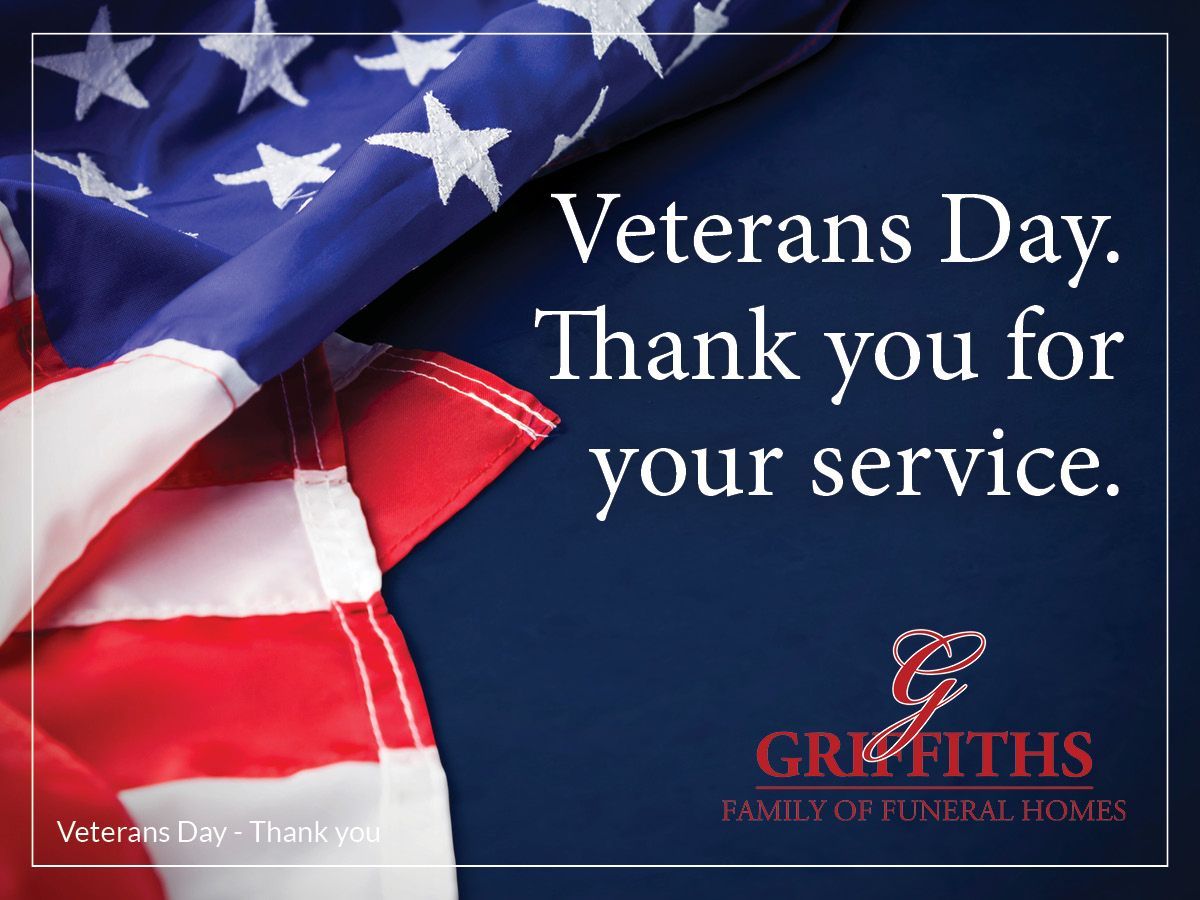
Because you are there we all sleep better at night. You serve in the Army, Air Force, Navy, Marines, and Coast Guard. Some of you serve for two years, some for twenty or more. Some enter into service at a tender age looking for opportunity. Some are following a longstanding family tradition. You are mothers, fathers, sons, and daughters. We, thank you for your service.
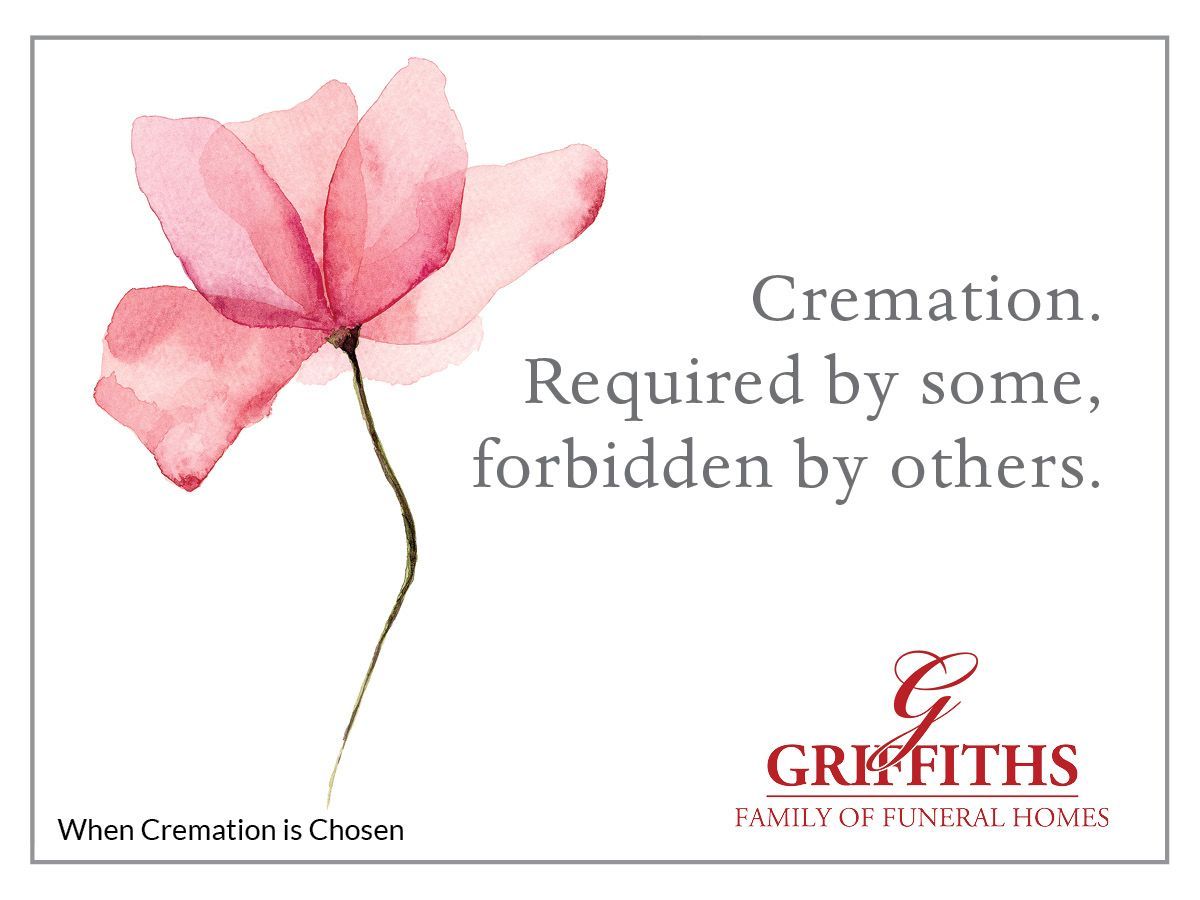
Cremation has been around for thousands of years. It is required by some faiths and forbidden by others. Governments, charged with protection of the public health and aesthetic of the community, have laws governing both cremation and burial practices. One way to view burial and cremation is to look at each as a means to the same end. Dust to dust.
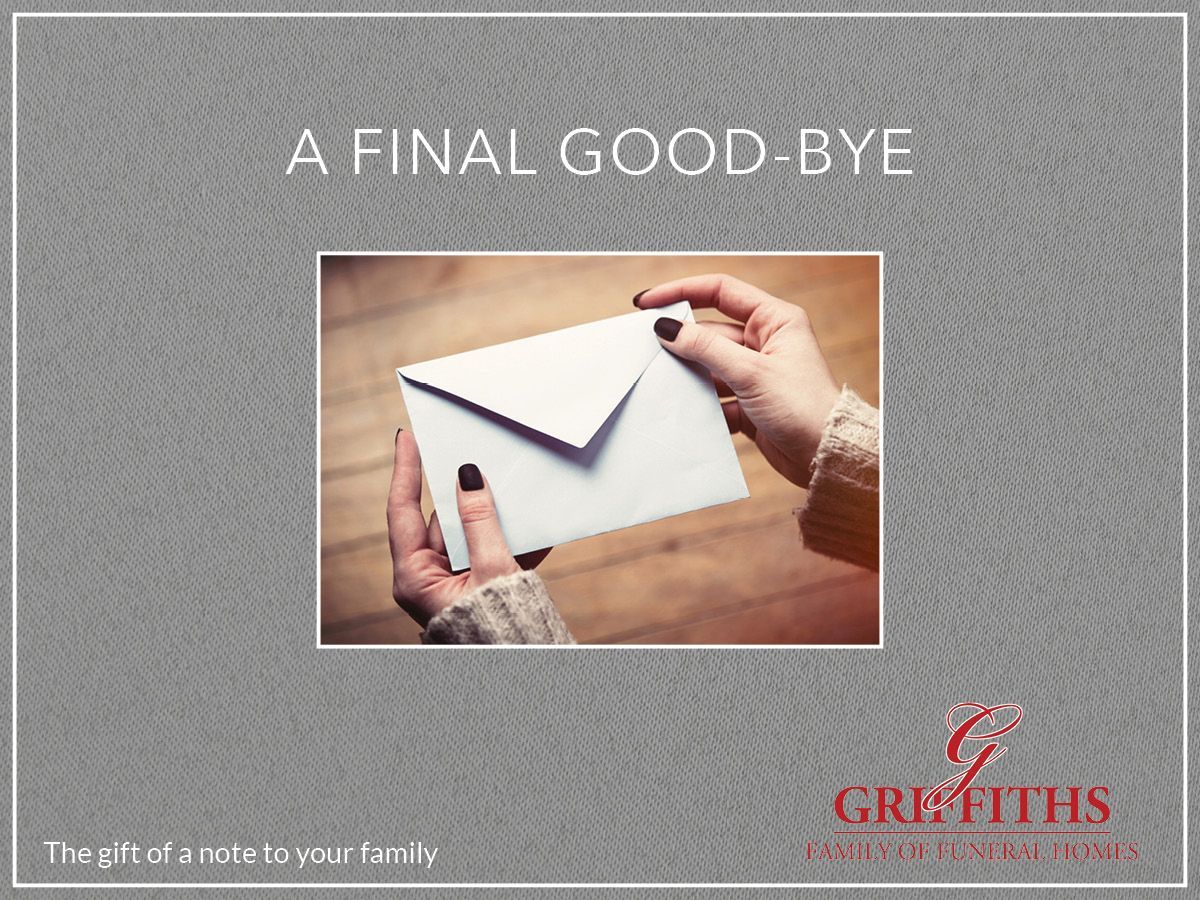
Nothing means more to a grieving child, spouse, sister, brother or friend than a personal note from the deceased. It’s something that will be cherished. The note will make its way out of it’s safe keeping spot whenever the mourner needs to feel close to the person who died. It will be read on those tearful days that are sure to come. It will also be read on those days that are full of joyful remembrance.
